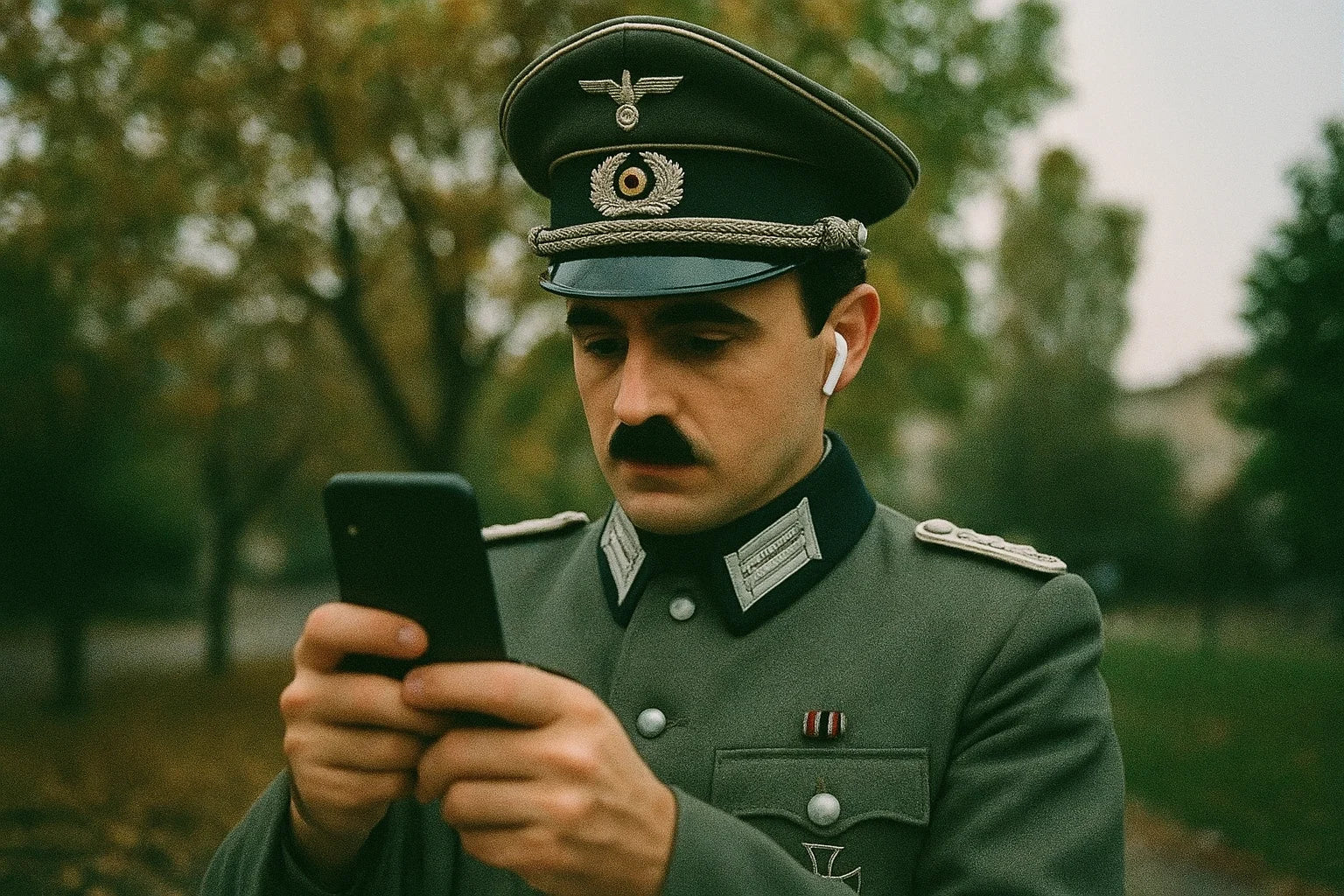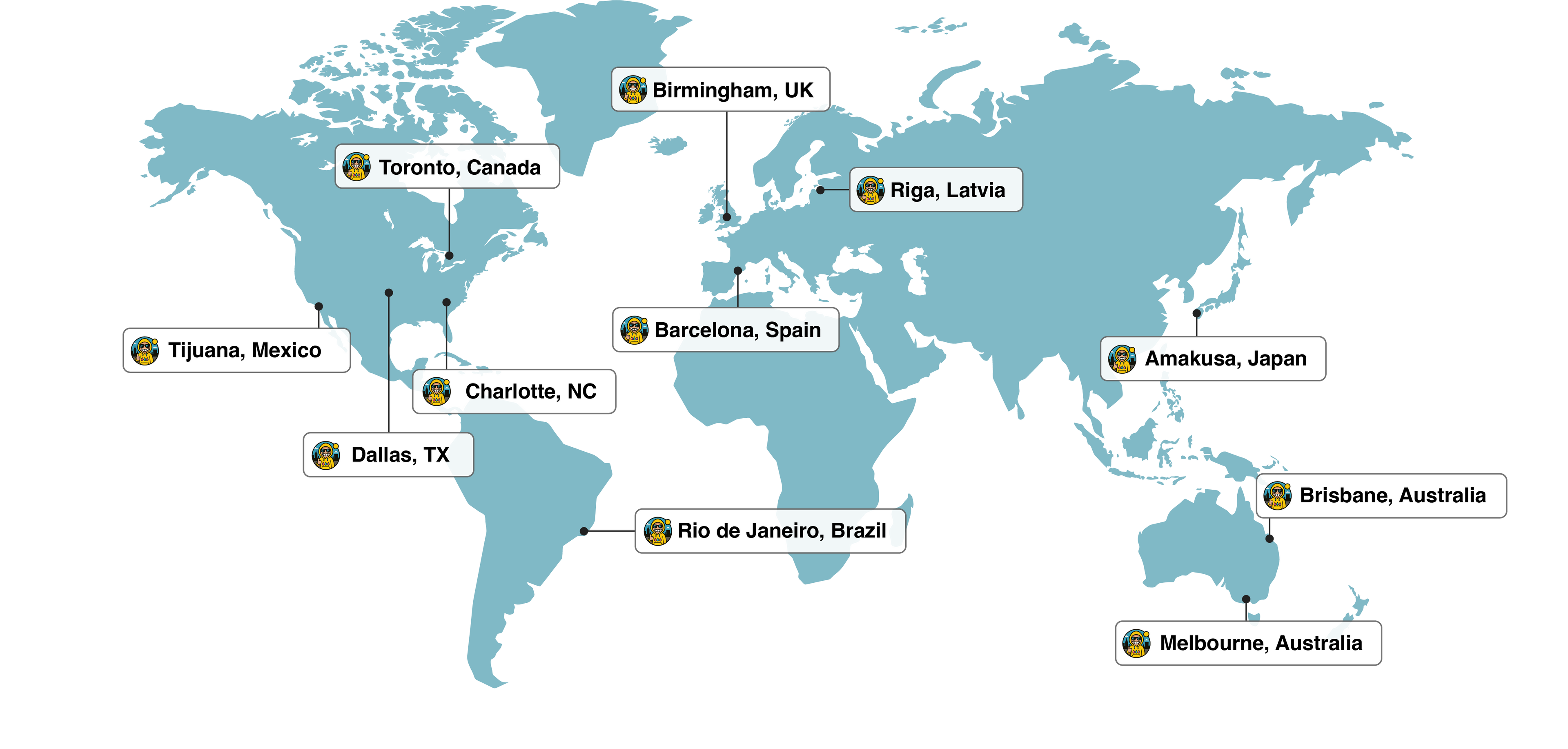Introduction
Alternate history—also known as what-if history or counterfactual history—explores how the world could be different if one significant historical event had turned out another way. This approach imagines timelines that branch away from recorded history, asking questions such as, "What if the Roman Empire had never collapsed?" or "What if World War II had ended in 1943 instead of 1945?" By analyzing these questions, alternate history helps us understand how even small changes can lead to completely new outcomes and dramatically altered worlds.
Alternate history encourages us to appreciate the interconnectedness of historical events, emphasizing how much depends on key moments, decisions, and chance. It is not just an exercise in imagination but also a tool for understanding the complexity and fragility of real history.
Popular "What‑If" Scenarios
-
What if the Roman Empire never fell? This scenario considers how Europe's political structure, culture, language, and religion might have evolved differently, potentially resulting in a very different civilization.
-
What if the Nazis won World War II? Explored in novels and series like The Man in the High Castle, this scenario imagines a world dominated by Axis powers, dramatically changing global politics and human rights.
-
What if the South had won the American Civil War? Writers speculate about how this outcome might have reshaped political borders, economies, and race relations in North America.
-
What if World War II had ended in 1943? This scenario examines how an earlier end to the war could have affected technology, economics, and global power balances, potentially changing the development of nuclear weapons and the Cold War.
These scenarios demonstrate how changing a single event can set off ripple effects, reshaping entire societies and the course of history.
Alternate History vs. Counterfactual History
Counterfactual history is a tool used by historians and researchers to analyze the significance of historical events by asking "what could have been." Using data and statistical models, they explore alternate outcomes to highlight the importance of particular developments. For example, historian Robert Fogel examined how America’s economy and society might have evolved without the invention of railroads.
In contrast, alternate history fiction is more focused on creative storytelling. Authors build detailed worlds and narratives, exploring how people might live and react within a fictional but plausible alternate reality.
Building Alternate History Worlds
Alternate history stories often begin as writing prompts, classroom debates, or interactive games that invite participants to explore different outcomes. Various tools and activities support the creation of these worlds:
-
Maps of alternate timelines: Visualize how countries and borders might change as a result of alternate events.
-
History apps using augmented reality (AR): Allow users to explore historical places as they might appear in alternate timelines.
-
World-building projects: Fans, writers, and gamers construct complex fictional settings, including cultures, economies, and political systems.
The Sidewise Awards recognize outstanding alternate-history literature, celebrating creative and thoughtful explorations of "what-if" scenarios and encouraging greater interest in the genre.
Digital History Experiences
New technologies have transformed how we can engage with alternate history:
-
Virtual Reality (VR) historical tours: Let users step into imagined historical scenarios, providing immersive educational experiences.
-
Augmented Reality (AR) apps: Add layers of alternate history to real-world locations, making learning interactive and engaging.
-
Interactive history video games: Invite players to participate in alternate historical events, making history both memorable and enjoyable.
By combining authentic historical content with fiction and interactive technology, alternate history becomes an engaging and powerful educational tool.
Why People Enjoy Alternate History
-
Critical Thinking: Alternate history encourages us to analyze how one event can influence many others.
-
Creativity: Imagining different outcomes and worlds stimulates creative thought and storytelling.
-
Educational Value: Technologies like VR, AR, and games make complex historical ideas more accessible and interesting.
-
Community: Alternate history attracts communities who share stories, debates, and collaborative projects, enhancing collective learning and enjoyment.
Conclusion
Alternate history combines educational value with creative inspiration, inviting us to reflect on how events shape our world. Considering "what if" scenarios not only sparks the imagination but also deepens our understanding of how history is interconnected and shaped by countless variables. Whether explored through literature, games, or immersive technologies, alternate history provides new and meaningful ways to learn from the past.
For students and enthusiasts, alternate history is not just entertainment—it is an exciting approach to studying history critically, fostering creativity, and developing a deeper appreciation for how history unfolds.


